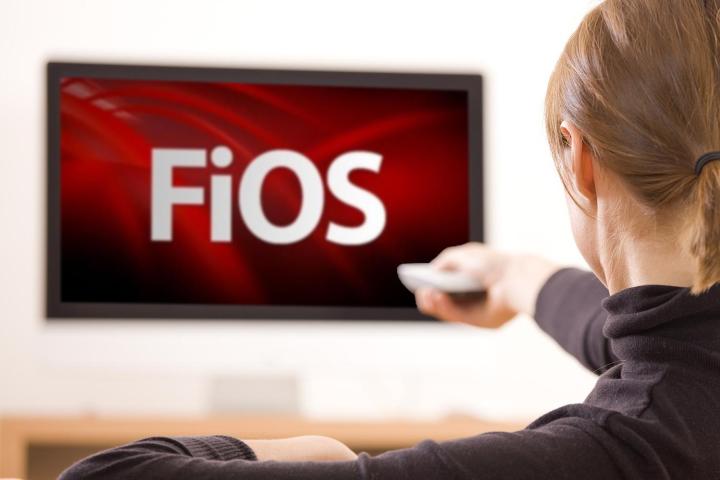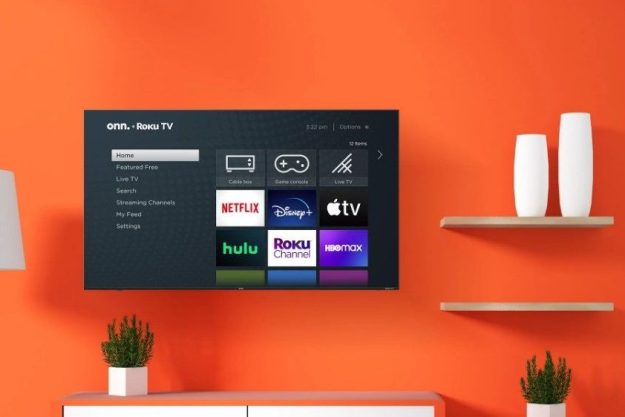
Fox Sports and NBCUniversal are both claiming that existing contracts do not give Verizon the right to package its channels as it has in its Custom TV package. Custom TV offers Internet service and a base set of channels, and then offers further channels in “channel packs,” making it much closer to an a la carte setup than most other television packages.
“We reject Verizon’s view that it can pursue the new packaging scheme it announced yet still comply with our agreements,” 21st Century Fox said in a statement to Bloomberg. “That said, we prefer to keep our commercial discussions confidential, and we will continue to address our concerns directly and privately with Verizon.”
Verizon still maintains that it is within its rights to package the channels as it has. “If you look at the TV bundles today, most people only, on average, watch 17 channels, so this is a way to give consumers what they want on a choice basis,” Verizon chief financial officer Fran Shammo said in a conference call on Tuesday. “And we believe that we are allowed to offer these packages under our existing contracts. So we’ll leave it at that.”
Verizon’s Custom TV package is currently live and available to customers, but with the increasing amount of backlash it is seeing, we’re not certain it will remain available for long. With three heavyweight companies already in the fight, it’s beginning to seem that it isn’t a matter of whether we’ll see another content company condemning Verizon’s new package, but simply which company it will be.

